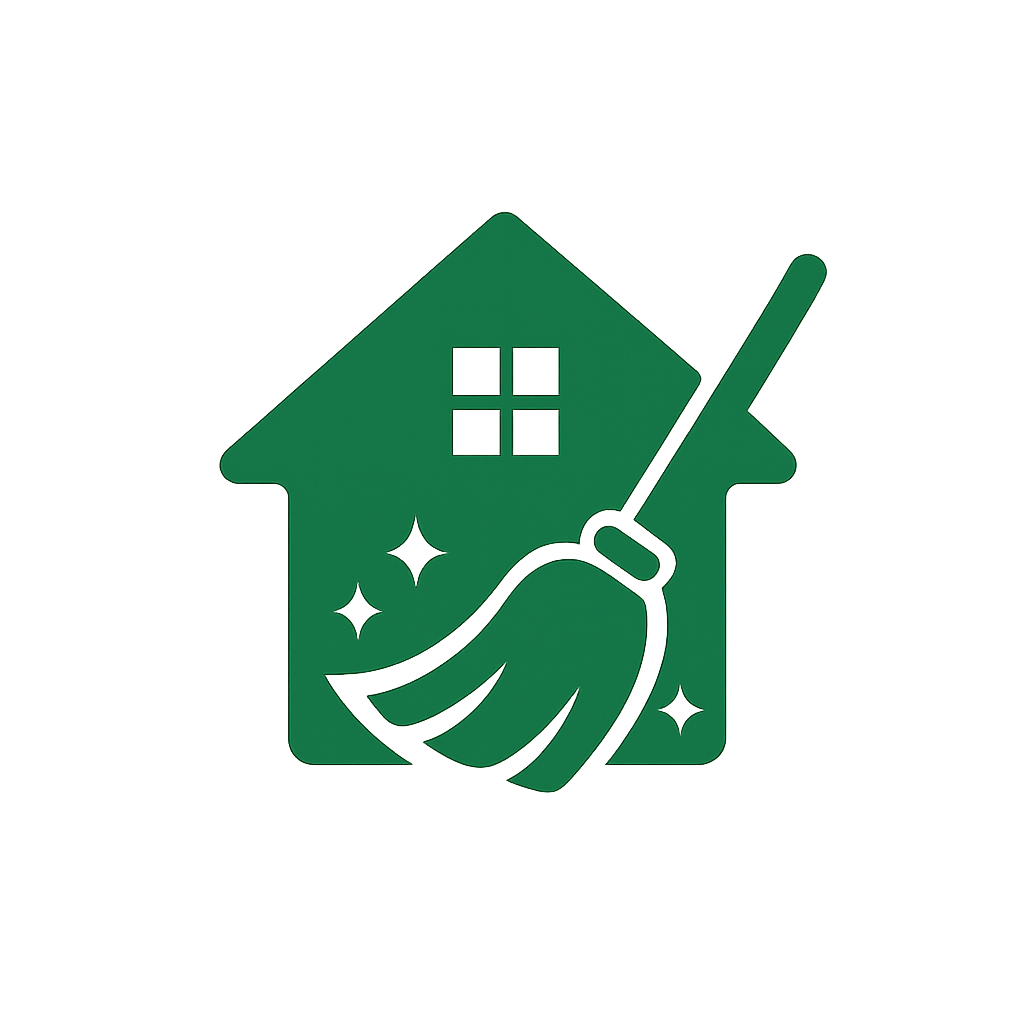Robiul Alam How to Clean Fridge Outside – 7 Easy DIY Methods 2025Discover



Robiul Alam
Discover how to clean tap heads easily with vinegar, lemon, and more. This UK-based guide shows 10 chemical-free ways to remove limescale & restore shine.

Tired of looking at crusty, dull, and chalky tap heads? You’re not alone. Whether in the kitchen or bathroom, tap heads tend to attract limescale, soap scum, grime, and bacteria—especially in hard water areas like Hertfordshire. The buildup not only looks unpleasant but can affect water flow, pressure, and even hygiene. Thankfully, you don’t need industrial-grade chemicals to fix it. In this ultimate UK-based guide, we’ll walk you through 10 powerful, natural ways to clean tap heads step-by-step. These methods are family-safe, environmentally friendly, and incredibly effective at restoring sparkle.
Most tap heads include an aerator—the small, mesh screen where water flows out. Over time, it gets clogged with mineral deposits. To clean it, unscrew the aerator gently using your hands or pliers with a soft cloth to protect the chrome. Soak it in a cup of warm white vinegar for 30–60 minutes. This breaks down calcium buildup, limescale, and hidden grime. Rinse thoroughly and reattach.
For stubborn limescale deposits on the exterior, soak a microfibre cloth in warm white vinegar and wrap it tightly around the tap head. Secure with a rubber band and leave it for 30 minutes. This allows the vinegar to dissolve minerals without damaging the metal finish. Afterwards, wipe clean with a damp sponge and polish with a dry towel. According to NHS guidance, routine surface cleaning reduces bacteria and household germ spread significantly.
Citric acid in lemons naturally removes grime and hard water stains while leaving a fresh scent. Slice a lemon in half and rub directly onto the tap head, especially around the base and spout. Let it sit for 10 minutes before rinsing. For tough spots, sprinkle baking soda over the lemon first to boost its effectiveness.
Combine 2 tablespoons of baking soda with a few drops of water to make a paste. Apply the mixture to stubborn buildup and scaly patches. Let it rest for 15 minutes. Then, scrub gently with a toothbrush or sponge and rinse thoroughly. Baking soda is slightly abrasive, so it's ideal for breaking through thick deposits without scratching chrome surfaces.
When it comes to cleaning tight spaces—like under tap joints, crevices, and handles—an old toothbrush is your best friend. Dip it in vinegar or lemon juice and scrub around seams, screw threads, and base gaskets. This helps remove hidden dirt and bacteria while giving your tap a detailed clean. For a complete home refresh, explore our Deep Cleaning Services.
A handheld steam cleaner is incredibly useful for tap heads. Use the precision nozzle to blast steam around fixtures, dissolving dirt and bacteria instantly. It's perfect for households avoiding chemical products. After steaming, wipe with a dry towel to prevent streaks. Steam also kills germs, making it ideal for bathroom taps.
If your tap is made of stainless steel or matte chrome, soak a cloth in hot water mixed with a dissolvable eco-cleaning tablet. Wrap the cloth around the tap head and leave it for 20 minutes. This breaks down grease, toothpaste splatters, and bathroom grime without harsh chemicals. Rinse and buff dry.
After every cleaning session, always dry and polish your taps with a clean microfibre cloth. This removes leftover water droplets and brings out a reflective shine. It also helps to prevent future limescale build-up by removing moisture. A quick polish once a week goes a long way in keeping your taps looking brand-new.
Prevention is better than cure. Get in the habit of wiping your taps dry after brushing your teeth or washing dishes. Even a quick 5-second dry with a towel stops water spots and mineral rings. For long-term results, install a basic tap filter or use distilled white vinegar as a weekly spray cleaner.
If your tap heads are heavily stained, leaking, or you’re unsure how to remove deep deposits safely—professional cleaning may be your best option. At Glohus, we specialise in deep cleaning kitchens and bathrooms using eco-friendly solutions. Our team targets tap heads, sinks, and even awkward fixtures during seasonal or move-out cleans. If you’re not sure where to start, use our Spring Cleaning Checklist to plan your next full-home refresh.
Once a week for maintenance, and monthly for deep cleaning or descaling in hard water areas.
Generally yes, but avoid using vinegar on brass, gold, or untreated metal finishes. Always patch test.
No, lemon juice is gentle and ideal for most surfaces. Avoid leaving it too long on soft metals.
Absolutely. Vinegar, lemon, and baking soda are effective when used regularly and with proper technique.
Not necessarily. Persistent limescale or mineral blockage can be cleared with steam or professional descaling.
Ready to ditch the dull taps and hidden grime? Let Glohus handle it. Our expert team uses safe, effective methods to restore shine to every part of your kitchen and bathroom. Book today and enjoy a spotless, refreshed space.
External References:
- NHS – Prevent Germs at Home
- Good Housekeeping UK – Tap Cleaning Tips

Robiul Alam How to Clean Fridge Outside – 7 Easy DIY Methods 2025Discover




Robiul Alam How to Clean Stainless Steel Fridge – 5 Best Proven
